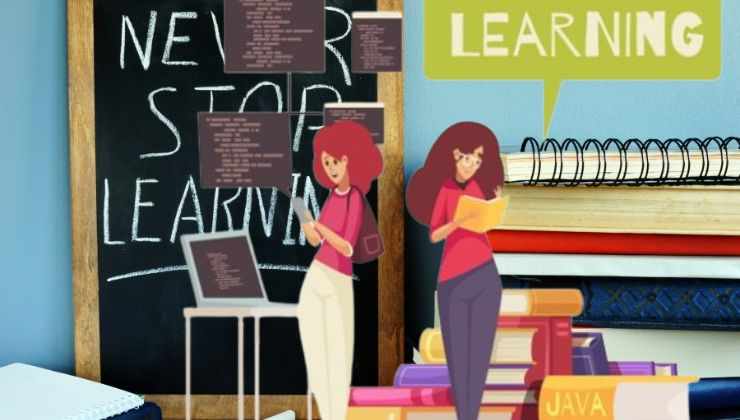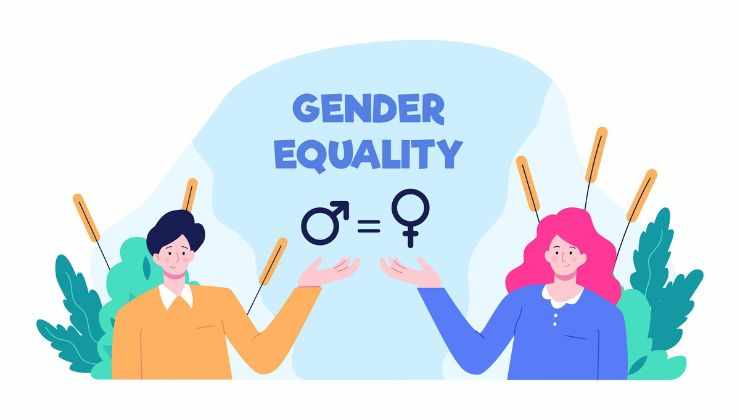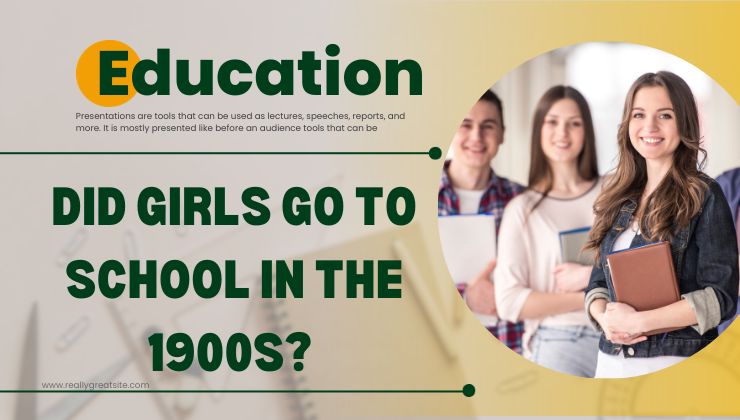In the early 1900s, the landscape of education was vastly different from what we know today. Gender roles were deeply ingrained in societal norms, raising the question: Did girls go to school in the 1900s? This article delves into the historical context, challenges faced, and the evolution of girls’ education during that era.
Table of Contents
Introduction
Overview of Educational Norms
The 1900s were marked by traditional beliefs, where education was often considered a privilege rather than a right. This section provides an overview of the prevailing educational norms.
Gender Roles and Societal Expectations
Understanding the role of gender in society sets the stage for exploring the challenges faced by girls seeking an education.
The Early 1900s Educational Landscape
Limited Access to Education for Girls
Societal Perceptions:
Explore how societal attitudes played a crucial role in limiting educational opportunities for girls.
Role of Women:
Examine the societal expectations placed on women during this time and their impact on education.
Pioneering Women in Education

Early Advocates for Girls’ Education
Notable Figures and Contributions:
Highlight key figures who advocated for girls’ education and their lasting impact.
Challenges Faced:
Discuss the obstacles and resistance faced by these trailblazers.
Formal Education for Girls
Evolution of Attitudes Towards Girls’ Education
Changes in Policies:
Trace the evolution of educational policies concerning girls and how they reflected changing societal attitudes.
Social Movements Impact:
Explore the influence of social movements on reshaping perceptions of girls’ education.
Educational Facilities for Girls
Schools Exclusively for Girls
Historical Context:
Provide insights into the establishment and development of schools exclusively for girls.
Challenges and Successes:
Discuss the hurdles faced and successes achieved by these institutions.
Curriculum for Girls

Gender-Specific Education
Subjects Taught:
Examine the subjects typically taught to girls and the rationale behind gender-specific education.
Disparities in Content:
Discuss any disparities in educational content between boys and girls during this period.
Challenges Faced by Girls in School
Social Resistance
Public Opinion:
Explore public opinion regarding girls’ education and its impact on enrollment.
Opposition from Conservative Groups:
Discuss how conservative groups resisted the idea of girls attending school.
Educational Attainment of Girls
Graduation Rates and Higher Education
Statistical Overview:
Provide statistical data on graduation rates for girls during the 1900s.
Influential Factors:
Explore factors influencing girls’ access to higher education.
Impact of World Events
Wars and Economic Shifts
Effects on Girls’ Education:
Analyze how wars and economic shifts influenced girls’ educational opportunities.
Resilience and Adaptation:
Highlight instances of resilience and adaptation in the face of external challenges.
Cultural and Regional Variations

Differences in Educational Opportunities
Urban vs. Rural Scenarios:
Explore the disparities in educational opportunities between urban and rural areas.
Global Perspectives:
Provide insights into how different regions approached girls’ education. Did Girls Go to School in the 1900s?
Noteworthy Changes Over the Decades
Shifts in the Latter Half of the 1900s
Influential Moments:
Identify key moments that marked a shift in attitudes towards girls’ education.
Policy Reforms Outcomes:
Discuss the outcomes of policy reforms aimed at improving girls’ access to education.
Role of Technology
Technological Advancements and Education
Impact on Access to Information:
Examine how technological advancements affected girls’ access to educational resources. Did Girls Go to School in the 1900s?
Challenges and Opportunities:
Discuss the challenges and opportunities technology presents for girls in education.
Famous Women Educators

Profiles of Influential Female Educators
Contributions to Education:
Highlight the contributions of famous women educators to the field of education.
Legacy in Shaping Generations:
Discuss the lasting legacy these educators left in shaping future generations.
Societal Perceptions Towards Girls’ Education
Changing Norms and Attitudes
Societal Impact of Educated Women:
Explore the broader impact of educated women on societal norms. Did Girls Go to School in the 1900s?
Breaking Stereotypes:
Discuss how girls’ education contributed to breaking traditional stereotypes.
The Late 1900s and Beyond
Closing the Gender Gap in Education
Modern Achievements:
Highlight achievements in closing the gender gap in education. Did Girls Go to School in the 1900s?
Ongoing Challenges:
Discuss the challenges that persist in ensuring equal educational opportunities for all.
FAQs
Were there schools exclusively for girls in the 1900s?
Yes, but their availability varied, and some regions were more progressive than others.
Who were some notable trailblazers in girls’ education during the 1900s?
Pioneering women made significant contributions, breaking barriers and advocating for girls’ education. Did Girls Go to School in the 1900s?
Did societal norms significantly limit girls’ access to education in the 1900s?
Absolutely. Societal expectations often confined girls to traditional roles, impacting their educational opportunities.
How did the curriculum of schools in the 1900s contribute to gender biases?
The curriculum often reinforced traditional gender roles, reflecting societal expectations of the time. Did Girls Go to School in the 1900s?
What impact did early advocates for girls’ education have on future generations?
Their legacy is profound, contributing to shifts in societal perspectives and paving the way for greater gender equality in education.
Did Girls Go to School in the 1900s?
Did Girls Go to School in the 1900s? It’s a big mystery.
Conclusion
Reflection on the Journey of Girls’ Education
Reflect on the overall journey of girls’ education in the 1900s, acknowledging progress made and recognizing areas where challenges persist.
Acknowledgment of Progress and Remaining Gaps
Conclude by acknowledging the strides made in girls’ education while recognizing the remaining gaps that require attention and action. Did Girls Go to School in the 1900s?
https://www.facebook.com/profile.php?id=61551896558051&mibextid=ZbWKwL




